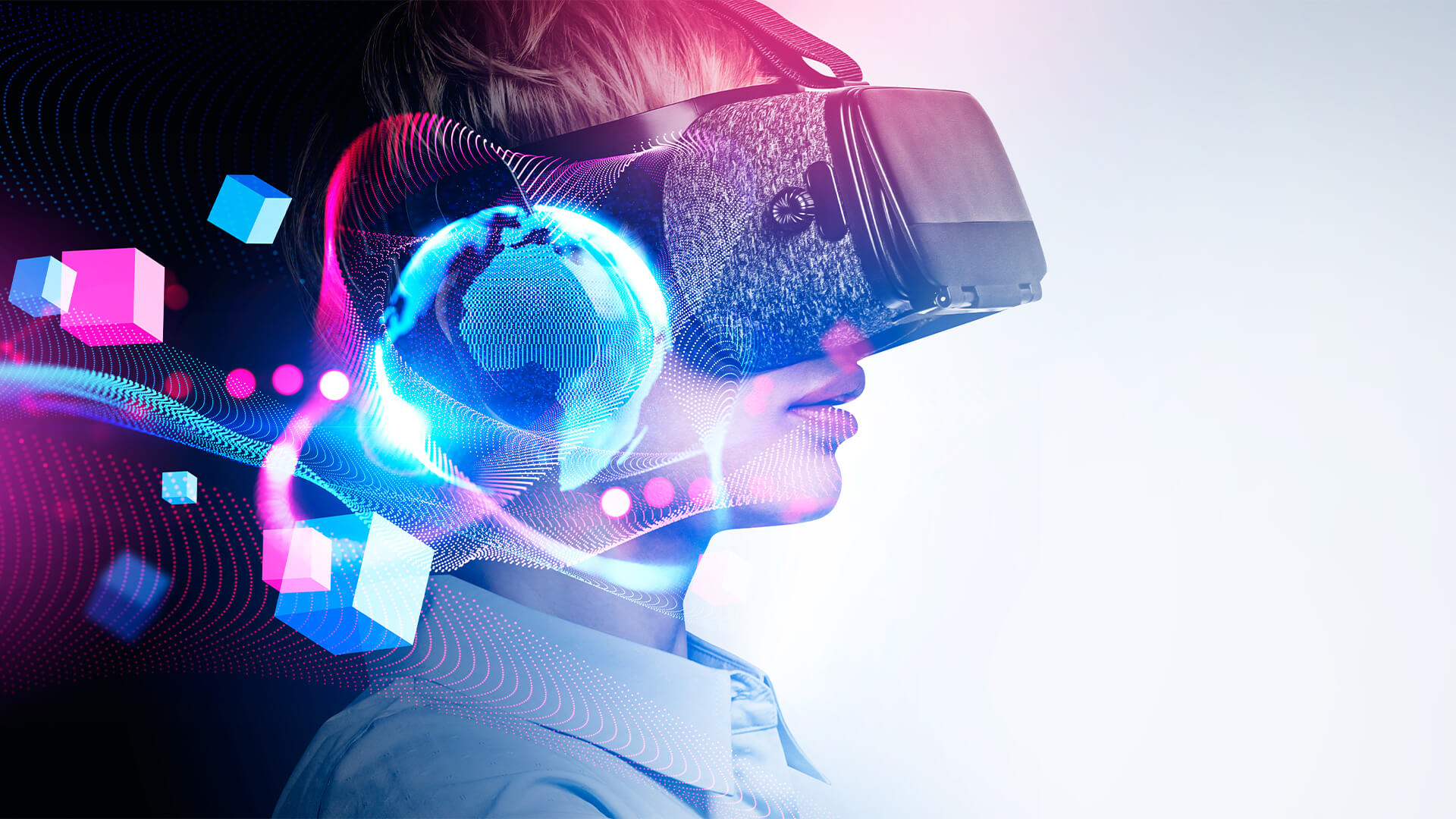The Metaverse’s big opportunity for revolutionising our digital life is at work
Today, the Metaverse is better understood by young gamers because gaming offers the most advanced form of virtual experience. But gaming appeals to a limited audience when compared to the large swathe of humanity that already enjoys a digital lifestyle. Before the Metaverse gains a critical mass of users, it must make its journey from that ‘awkward’ experience that Elon Musk called out, to an immersive one. Gaming has always been at the cutting edge of user experience, so its extension into the metaverse is at best evolutionary.
The Metaverse’s big opportunity for revolutionising our digital life is at work. Let’s face it, going to work in an office can be a chore for many, especially after the pandemic. This forced companies to take the middle path of hybrid work. The endless conference calls and meetings puts a question mark on an organization’s overall productivity, as employees experience meeting fatigue and consider most meetings irrelevant to their job. A Harvard Business Review study states that the length and frequency of meetings have been growing for the past 50 years. After the pandemic, most meetings turned into a daily drudgery of calls, making any meaningful work difficult. For better or worse, the imagery of adults stuck to their seats all day, hunched over their laptops, working, or participating in a dull chatter represents the 21st century work life.
Can the Metaverse change this? In the latest earnings call by Meta, Mark Zuckerberg announced that ‘work in the Metaverse’ is a big theme for Meta’s VR headset Quest Pro. As Meta is placing its bets on mixed reality, the ecosystem is forming around it to make work simpler. Microsoft is gearing up to bring its productivity apps to Quest Pro. The reason being that Microsoft’s Work Trend Index data shows that in the next two years, 50% of Gen Z and Millennials envision doing some of their work in the metaverse.
In the first iteration, tools will try to replicate the online or physical experiences. With the Horizon Workrooms, Meta has turned the virtual meeting experience into 3-D Virtual Reality (VR), while retaining the physical tools like laptops in a mixed reality environment. This is far from revolutionary. This is where the Metaverse will make its first mistakes before it starts to completely transform work.
The Metaverse must try to solve some of the pressing problems of work. Productivity tools providers should rely on first principles to rethink the user experience. Meta refers to the Metaverse as embodied Internet, where we are part of the experience. The theory of embodied cognition suggests that our cognition is linked to our physical and sensory experiences. Psychologists advance the idea that the brain is not the only source of cognition. Our body and the environment are also resources used for perception and action.
In our virtual embodiment, we will learn to work in the Metaverse as children gain spatial knowledge. Ecological psychologist Eleanor Gibson observes that children learn about the world through active exploration. When a rescued dog arrived at my home, she embarked on an active exploration, to understand the ‘affordances’ or the possibilities of an action in an environment.
Productivity tools and enterprise applications must be redesigned to support embodied cognition. We will then have a more immersive visualization of and interaction with information in our 3-D VR infinite offices or mixed reality offices. The information could be, for example, a digital twin of an aircraft. Training and collaboration, especially for creative work such as prototyping will be the early initiatives. Teams that are already collaborating remotely will be the first to start using the Metaverse. You may be sitting beside a hologram of a colleague who would join a meeting from a remote island. At other times, you could commission your digital twin to make a sales pitch or a product demo. The focus of the tools in the Metaverse will be to enhance our presence. The more immersed we are the more present we feel.
Studies (Susan Jang et al) on medical student groups have shown that if students are allowed to rotate the never-seen-before internal body parts in a 3-D VR environment, they perform better than the group that only watched this manipulation. This suggests that learning and understanding would be faster with greater interaction in the Metaverse. If we use our motor skills in a virtual environment, we will have higher perception and understanding.
Yet can we work all day wearing a VR headset? Not in their current form factor. The experience would be far worse than hunching over a laptop. But they will become more usable and affordable in their future iterations, and so will our communication and collaboration tools. As the boundaries between the physical and the virtual get blurred, our work life will be remodeled in the metaverse.



























